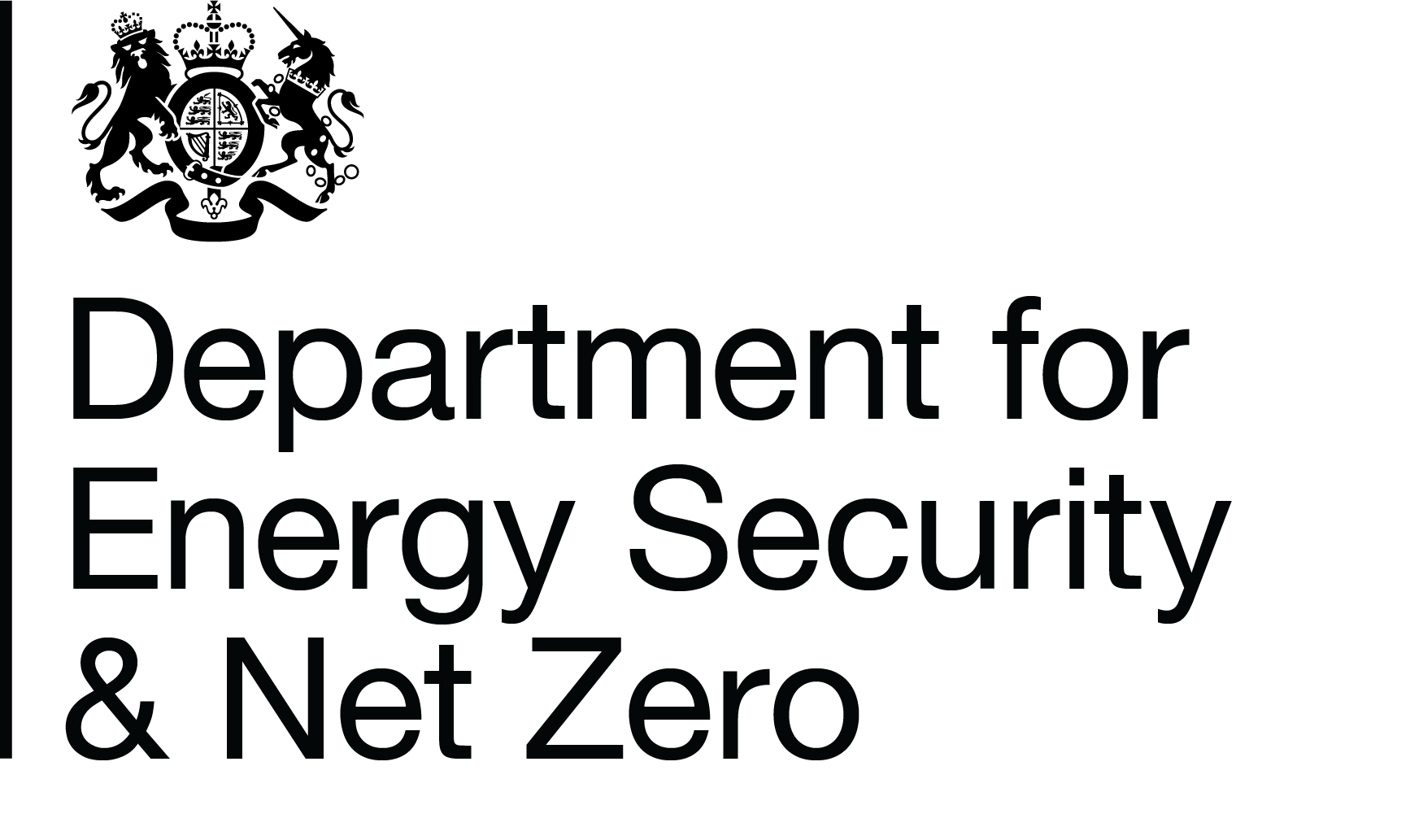Whistleblowing: prescribed persons reporting requirement
Overview
This consultation has been issued to seek views on the practical implication of a legal power contained in the Small Business, Enterprise and Employment Bill to require certain prescribed persons to report annually on public interest disclosures (whistleblowing disclosures) that they receive.
It is relevant to those bodies listed in the Public Interest Disclosure (Prescribed Persons) Order 1999. It will also be relevant to those organisations that take an interest in whistleblowing legislation, which was introduced by the Public Interest Disclosure Act 1998 and is contained in the Employment Rights Act 1996.
The Government took steps in March this year to add Members of Parliament (MPs) to the list of prescribed persons: however the duty to report will not apply to MPs or Ministers of the crown.
Why your views matter
The Government committed during the passage of the Enterprise and Regulatory Reform Bill 2013, to review the whistleblowing framework through a call for evidence and to consider any cases for change.

BIS found through the call for evidence that the confidentiality duty that binds prescribed persons and lack of legal obligation to investigate a disclosure means that whistleblowers do not have confidence that their reports are investigated. This is cited as a reason for the whistleblowing framework 'failing' to protect whistleblowers.
However, we know from speaking to some prescribed bodies that part of the problem is lack of information not lack of action.
To address this, the Department of Business Innovation and Skills (BIS) is introducing a power in the Small Business Enterprise and Employment Bill to enable the Secretary of State to make regulations to require persons prescribed under section 43F of the Employment Rights Act 1996 to report annually on whistleblowing issues.
The purpose of the reporting requirement is to:
- Ensure more systematic processes across all prescribed bodies in the way public interest disclosures are handled. Thereby working towards a consistent standard of best practice for handling disclosures.
- Provide greater reassurance to the whistle-blower that action is being taken by the prescribed person and as a result increase the confidence in the actions of the prescribed person.
What happens next
This consultation is seeking views on how the Government implements this reporting requirement. The conclusions of this consultation will shape the secondary legislation that is developed under the new power in the Small Business, Enterprise and Employment Bill.
The outcome of this consultation will be used to inform how the Government implements the secondary legislation to require certain prescribed bodies to report annually on whistleblowing issues.
Secondary legislation will be laid in Parliament after the Small Business, Enterprise and Employment Bill receives Royal Assent in 2015.
Audiences
- Trade bodies
- Employment lawyers
- Local government
- Central government
Interests
- Workplace rights
- Regulation and red tape

Share
Share on Twitter Share on Facebook